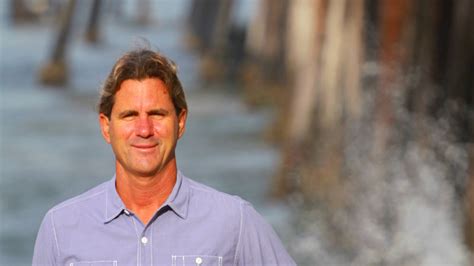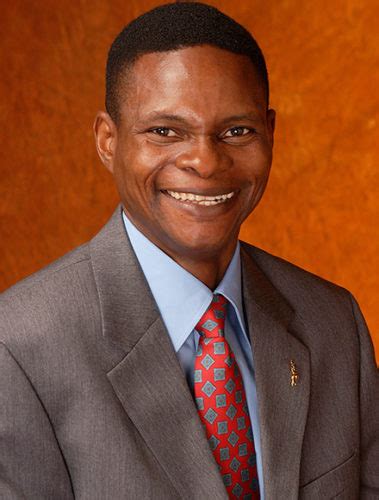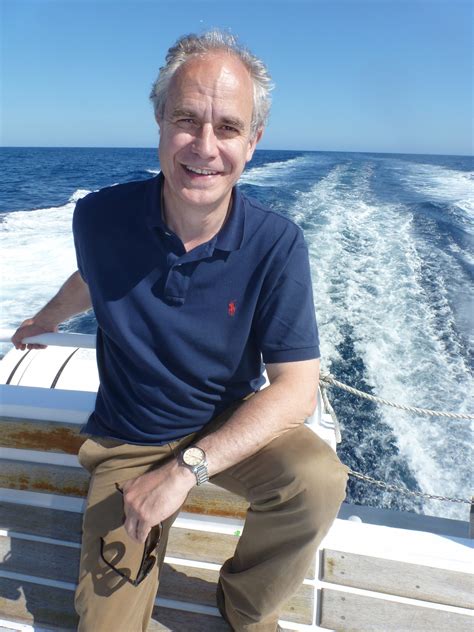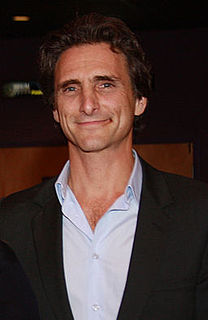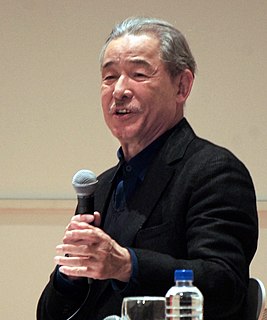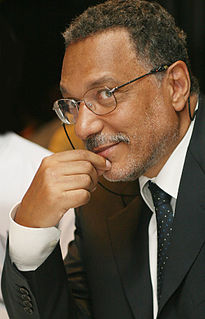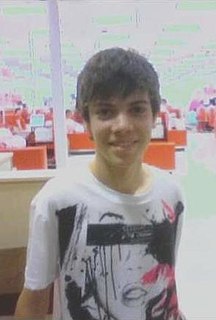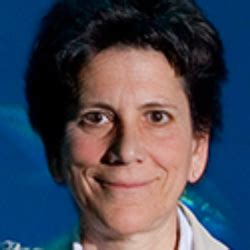A Quote by Serge Dedina
The most important thing we can do to save our oceans is to dramatically expand our efforts to establish new marine protected areas and make sure that critical fish spawning sites and ecosystems remain undisturbed.
Related Quotes
Congo has vast stands of biologically important forests as well as remote areas still waiting to be explored, yet we have very few botanists. I'm working to expand training for young students and inspire a new generation to make discoveries, spread the word about conservation, and increase protected areas throughout our country.
Increasingly, we will be faced with a choice: whether to keep the oceans for wild fish or farmed fish. Farming domesticated species in close proximity with wild fish will mean that domesticated fish always win. Nobody in the world of policy appears to be asking what is best for society, wild fish or farmed fish. And what sort of farmed fish, anyway? Were this question to be asked, and answered honestly, we might find that our interests lay in prioritizing wild fish and making their ecosystems more productive by leaving them alone enough of the time.
I have always been interested in conducting research that yielded new methods by which to make cloth, and in developing new materials that combine craftsmanship and new technology. But the most important thing for me is to show that, ultimately, technology is not the most important tool; it is our brains, our thoughts, our hands, our bodies, which express the most essential things.
For proponents of ecosystem-based management,the good news is that another new book, Ecosystem-based Management for the Oceans, conveys the topic at its state-of-the-art level of development...both Marine Ecosystems and Global Change and Ecosystem-based Management for the Oceans are valuable troves that could profitably be mined, and any academic bookshelf would wear them well.
All our efforts to guard and guide our children may just get in the way of the one thing they need most from us: to be deeply loved yet left alone so they can try a new skill, new slang, new style, new flip-flops. So they can trip a few times, make mistakes, cross them out, try again, with no one keeping score.
I want to build a wired ocean that helps us take back the seas from poachers and illegal fishers. To do this, we need the latest technology applied to large pelagic fish and sharks, surveillance technology that helps protect marine protected areas, and tags that help prevent shark finning and illegal fishing. We must use modern sensors to help protect our seas!
